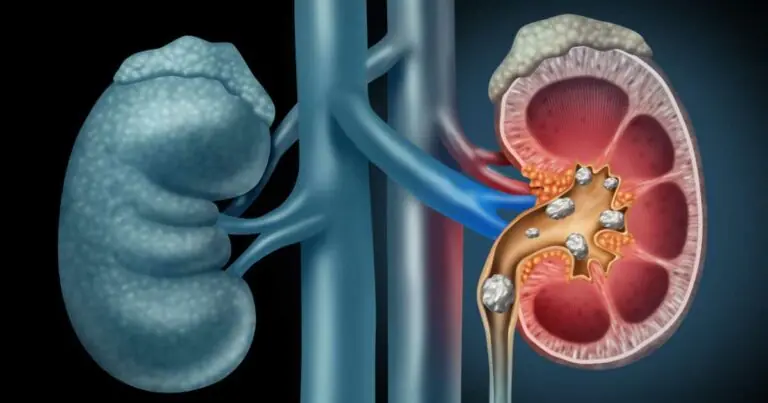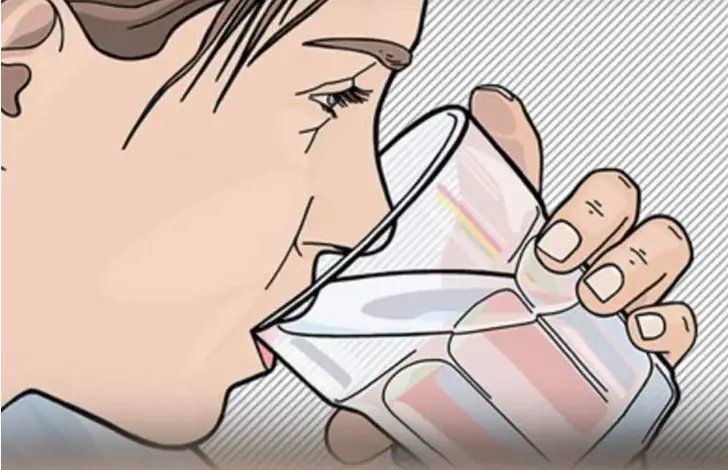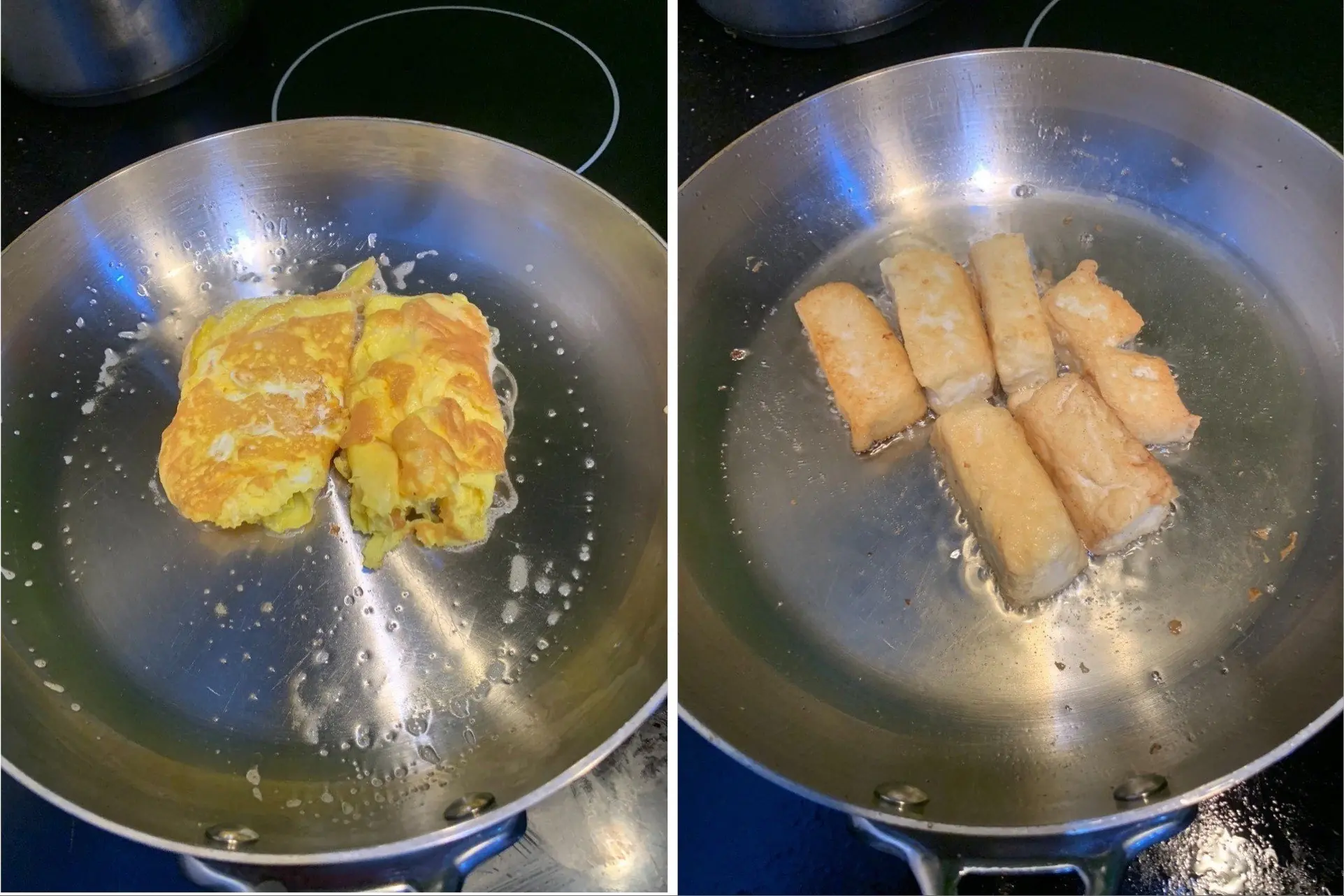
2 Hygiene Habits That “Damage” the Inti.mate Area
2 Hygiene Habits That “Damage” the Inti.mate Area – Yet Many Women Still Make These Mistakes
At any age, many women continue to fall into harmful habits when it comes to intimate hygiene.
The vagina is often compared to a delicate garden gifted to women by their bodies. Within this “garden” lies a remarkable self-cleaning mechanism, powered by a unique microbiome dominated by beneficial Lactobacillus bacteria. These good bacteria create an acidic environment with a pH of about 3.8–4.5, strong enough to prevent the overgrowth of harmful bacteria and yeast. For this reason, the vagina does not need excessive intervention—especially “deep cleaning” methods that are scientifically unsound.
One of the most common mistakes is the overuse of feminine hygiene products and the practice of douching. Many women believe this helps maintain cleanliness and prevent infections. In reality, most hygiene solutions have a higher pH than the vagina’s natural environment, which can destroy beneficial bacteria and allow harmful microbes to flourish. This imbalance increases the risk of vaginal infections, Candida yeast overgrowth, and other intimate health issues.
Equally harmful is the use of soaps or body washes for cleansing the intimate area. These products often contain alkaline agents and harsh chemicals that can damage delicate mucous membranes, causing irritation, itching, redness, and the loss of the vagina’s natural protective barrier. Even frequent washing with plain water (several times a day) can disrupt the vaginal microbiome and weaken natural defenses.
The consequences of these habits go far beyond temporary discomfort. They include recurrent infections, abnormal discharge, and persistent itching. More seriously, long-term effects may impact reproductive health, such as reduced fertility, higher risks of pregnancy complications, and even an increased risk of cervical cancer over time.
Doctors recommend that healthy women only need to clean the intimate area once daily with warm water, washing from front to back to prevent bacteria from spreading from the anus. Feminine hygiene solutions should only be used under medical advice. During menstruation, it is crucial to change sanitary pads frequently and choose breathable, absorbent products.
In other words, caring for intimate health is not about “washing as thoroughly as possible,” but about respecting the body’s natural self-cleaning system. Proper care acts as a protective shield—safeguarding reproductive health and ensuring long-term well-being for women.
News in the same category


Groups of people absolutely abstain from eating chayote squash to avoid bringing disaster upon themselves

People with weak kidneys often have pain in 5 places: If you have 1, you need to see a doctor immediately!

5 abnormalities that appear at night warn of "blood flooding the street", even young people should not be subjective

If Your Kidneys Are in Danger, the Body Will Show these 10 Signs

Young Woman Dies at 27 from Late-Stage Thyroid Cancer

The Meaning Of The Intriguing Gesture Of Scratching The Palm Of Another Person’s Hand

One Month Before A Heart Attack, Your Body Will Warn You Of These 7 Signs

5-Year-Old Loses Battle With Cancer — Doctors Reveal 5 Foods Parents Must Never Give Their Children

If you drool while sleeping often, check for these 6 diseases

Which canc.ers are hereditary?

Say Goodbye to Joint and Foot Pain with a Relaxing Rosemary Bath

18 year old girl suddenly discovered stomach cancer with distant metastasis after 4 can.cer symptoms

From common symptoms in the digestive system, the patient has 2 types of can.cer at the same time.

Here’s Why You Shouldn’t Sleep With A Fan At Night

Head and Neck Canc3r: Risk Factors, Symptoms, and Prevention Tips

5 abnormalities in nighttime sleep are signs of can.cer

A Beloved Vietnamese Vegetable Sent a 42-Year-Old Man to the Hospital with Kidney Disease

Want a Healthy Liver? Cut Back on These Foods, Even If You Love Them
News Post

Frying Anything Without Sticking: Just Add This Liquid to the Pan

Eliminate Refrigerator Odors with Just Two Common, Cheap Items

3 Types of Autumn Vegetables Known as the “Kings of Calcium” Everyone Should Eat Regularly

Does eating boiled eggs every day benefit or harm the li.ver?

Groups of people absolutely abstain from eating chayote squash to avoid bringing disaster upon themselves

People with weak kidneys often have pain in 5 places: If you have 1, you need to see a doctor immediately!

5 abnormalities that appear at night warn of "blood flooding the street", even young people should not be subjective

If Your Kidneys Are in Danger, the Body Will Show these 10 Signs

Young Woman Dies at 27 from Late-Stage Thyroid Cancer

The Meaning Of The Intriguing Gesture Of Scratching The Palm Of Another Person’s Hand

One Month Before A Heart Attack, Your Body Will Warn You Of These 7 Signs

Artichoke - "super vegetable" helps keep the liver healthy, good for the heart, and prevents can.cer

5-Year-Old Loses Battle With Cancer — Doctors Reveal 5 Foods Parents Must Never Give Their Children

If you drool while sleeping often, check for these 6 diseases

Which canc.ers are hereditary?

Say Goodbye to Joint and Foot Pain with a Relaxing Rosemary Bath

18 year old girl suddenly discovered stomach cancer with distant metastasis after 4 can.cer symptoms

From common symptoms in the digestive system, the patient has 2 types of can.cer at the same time.
